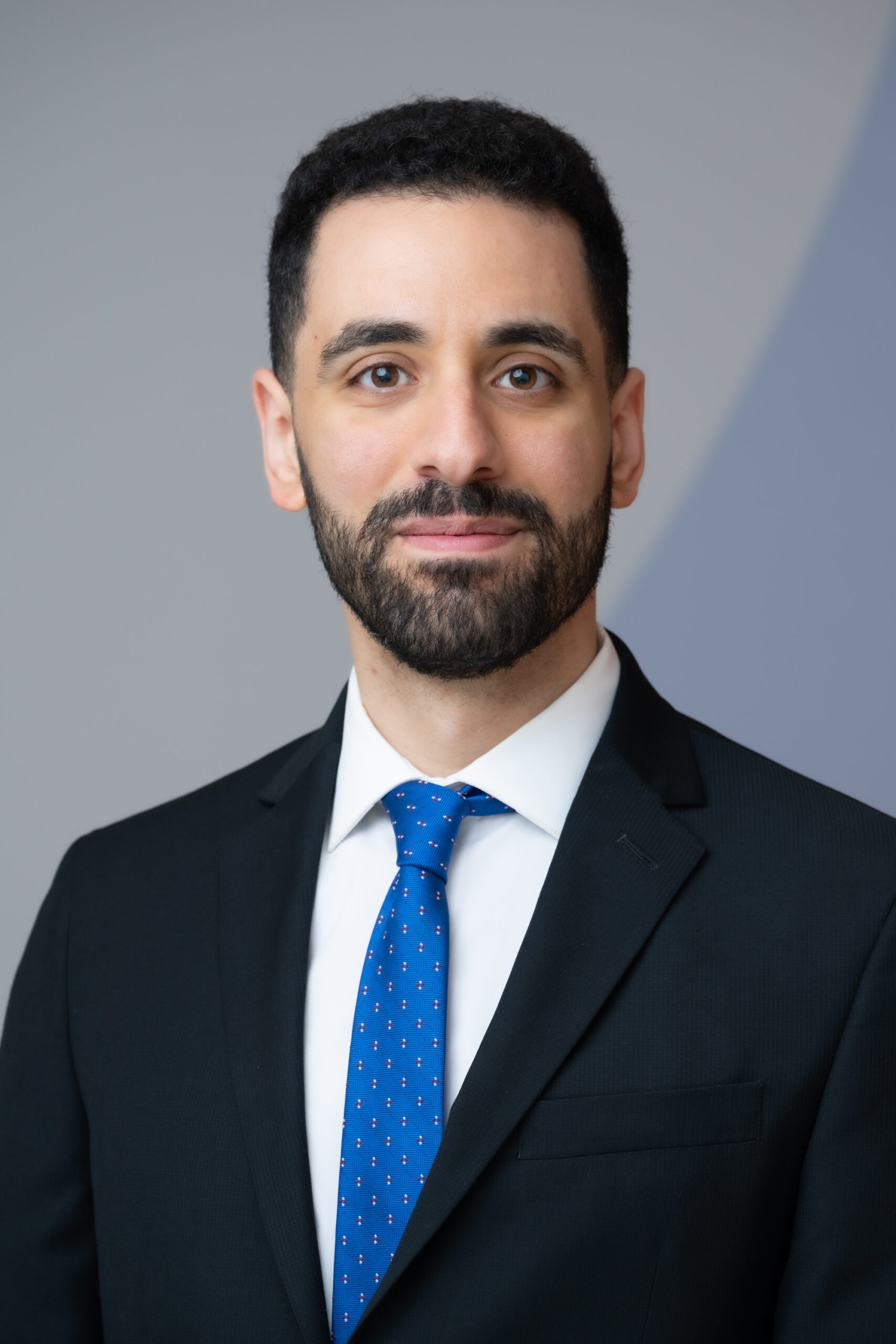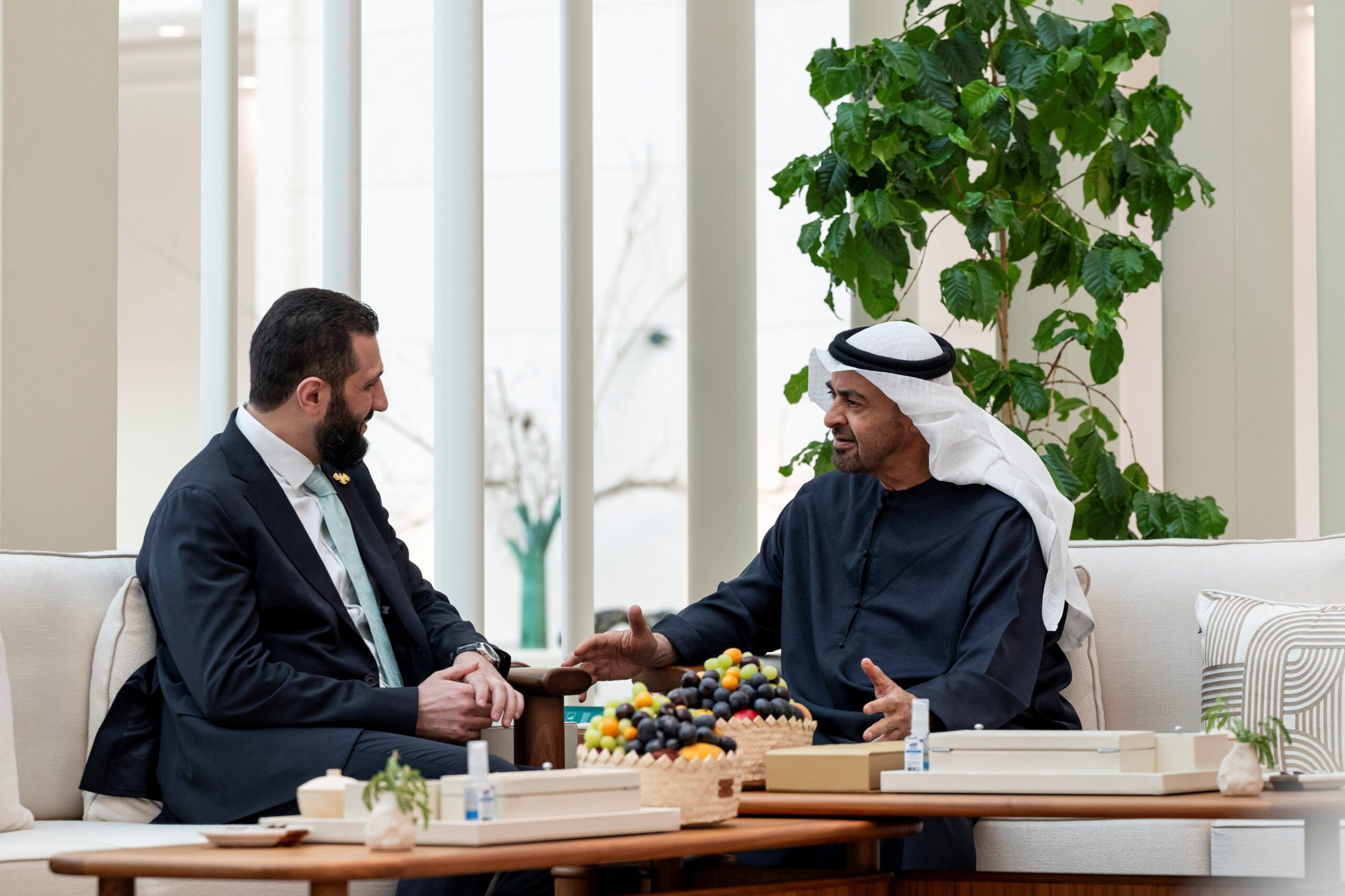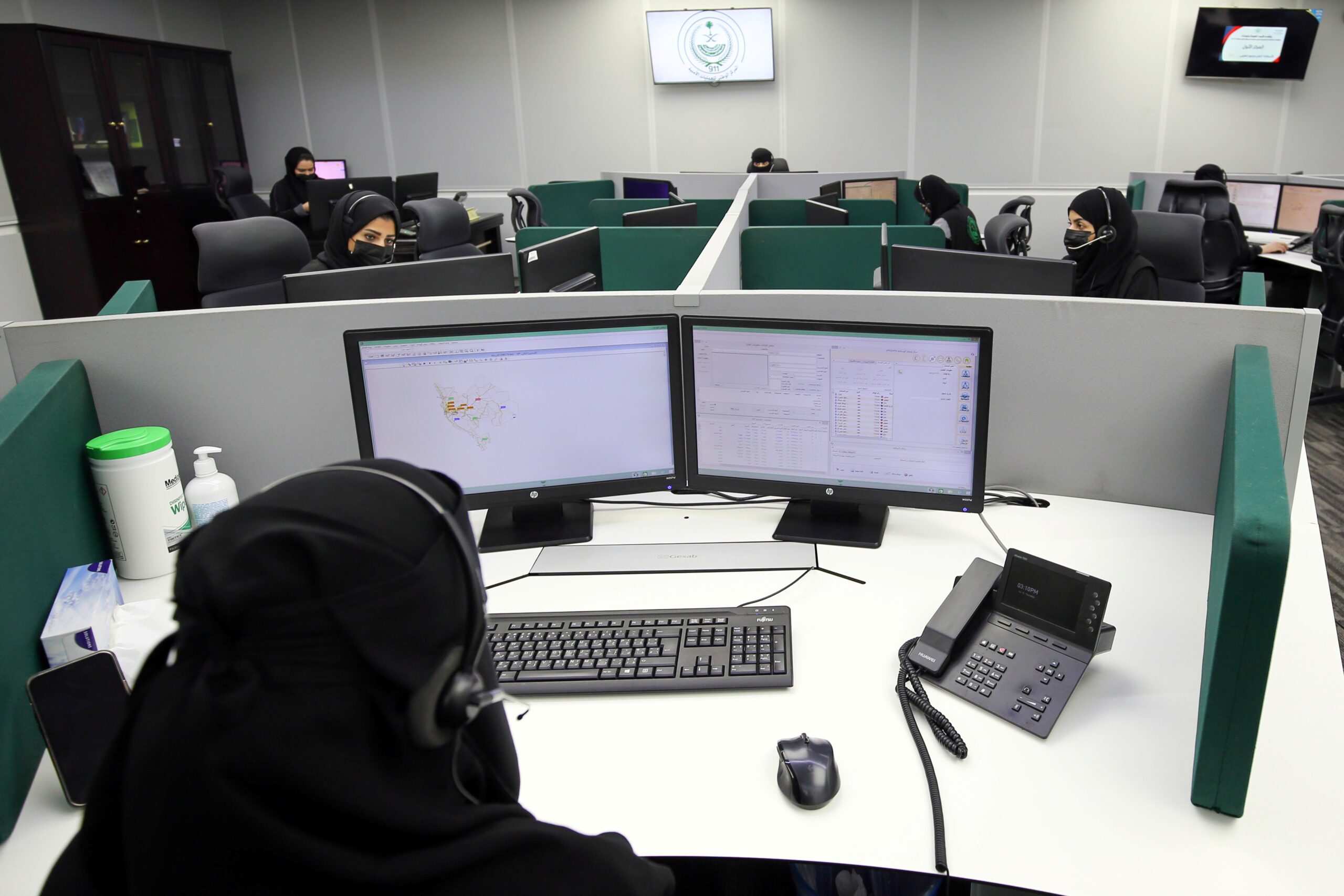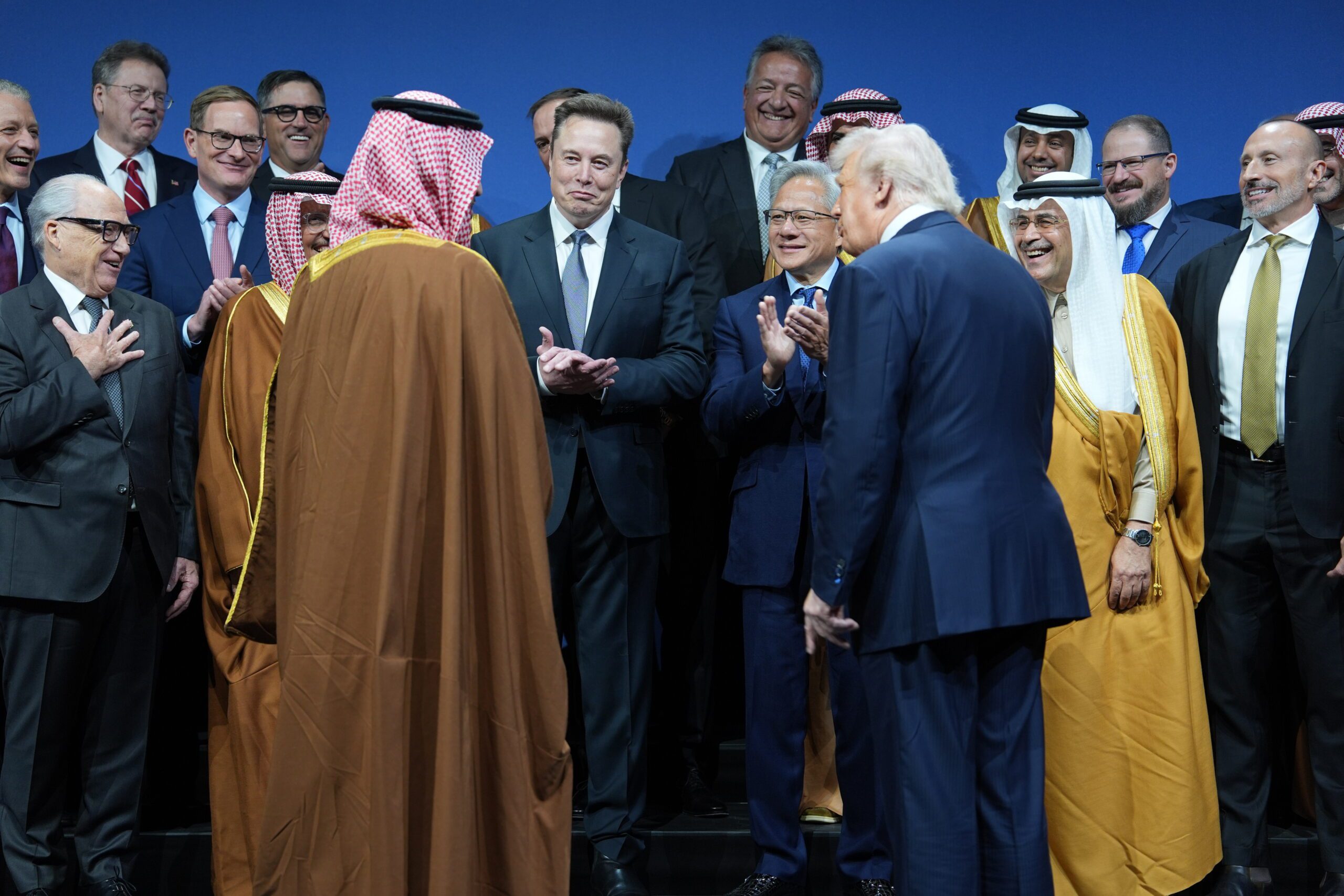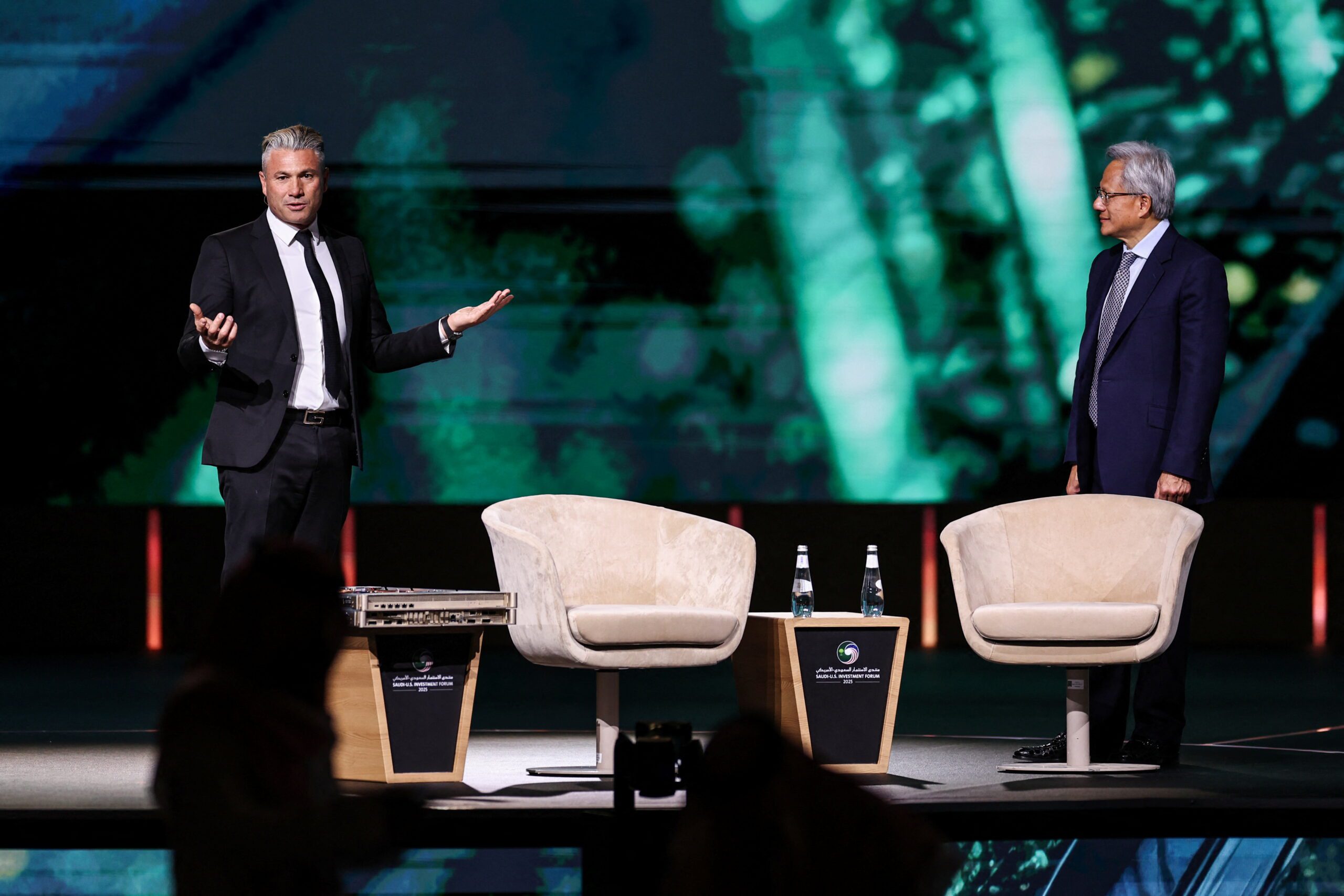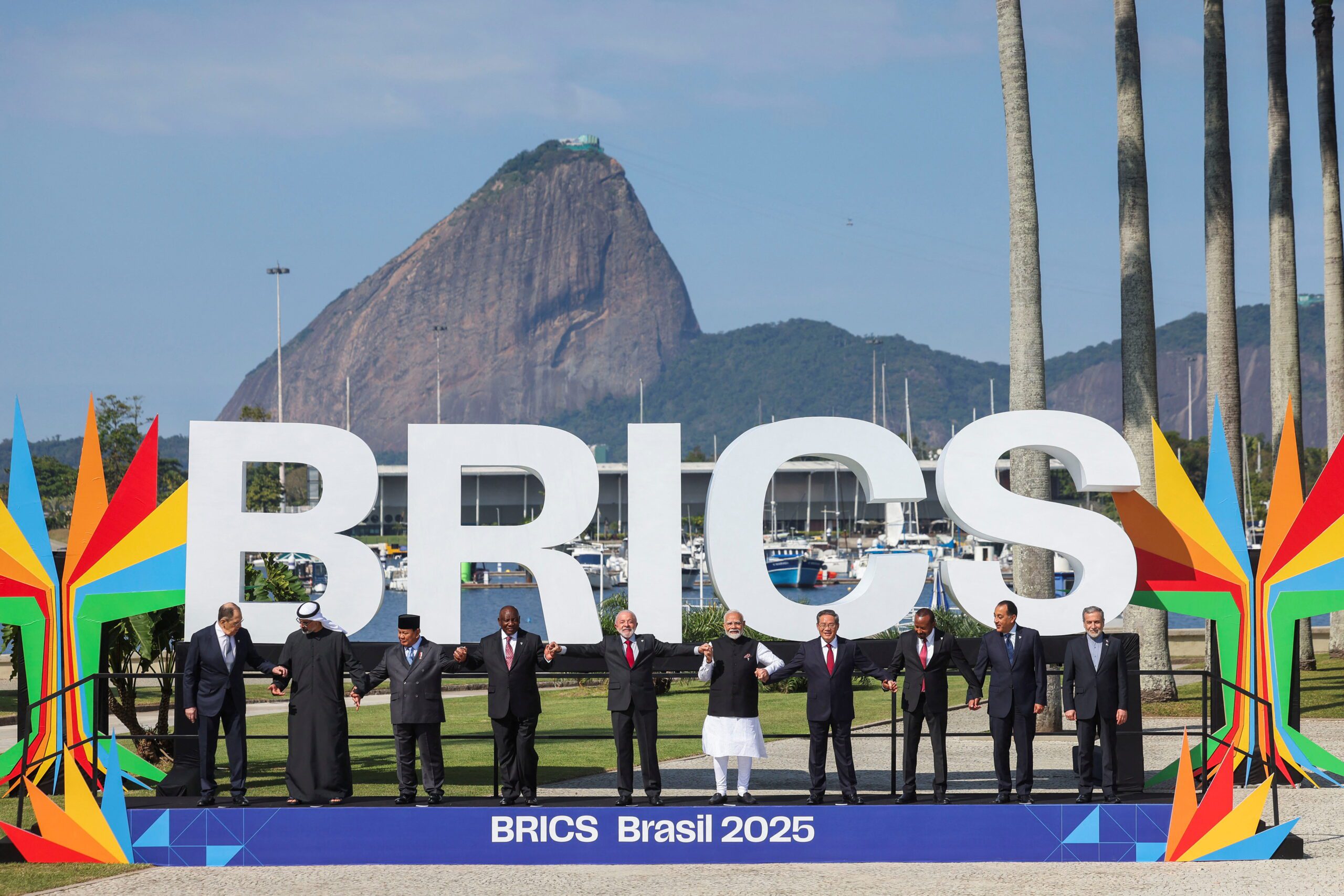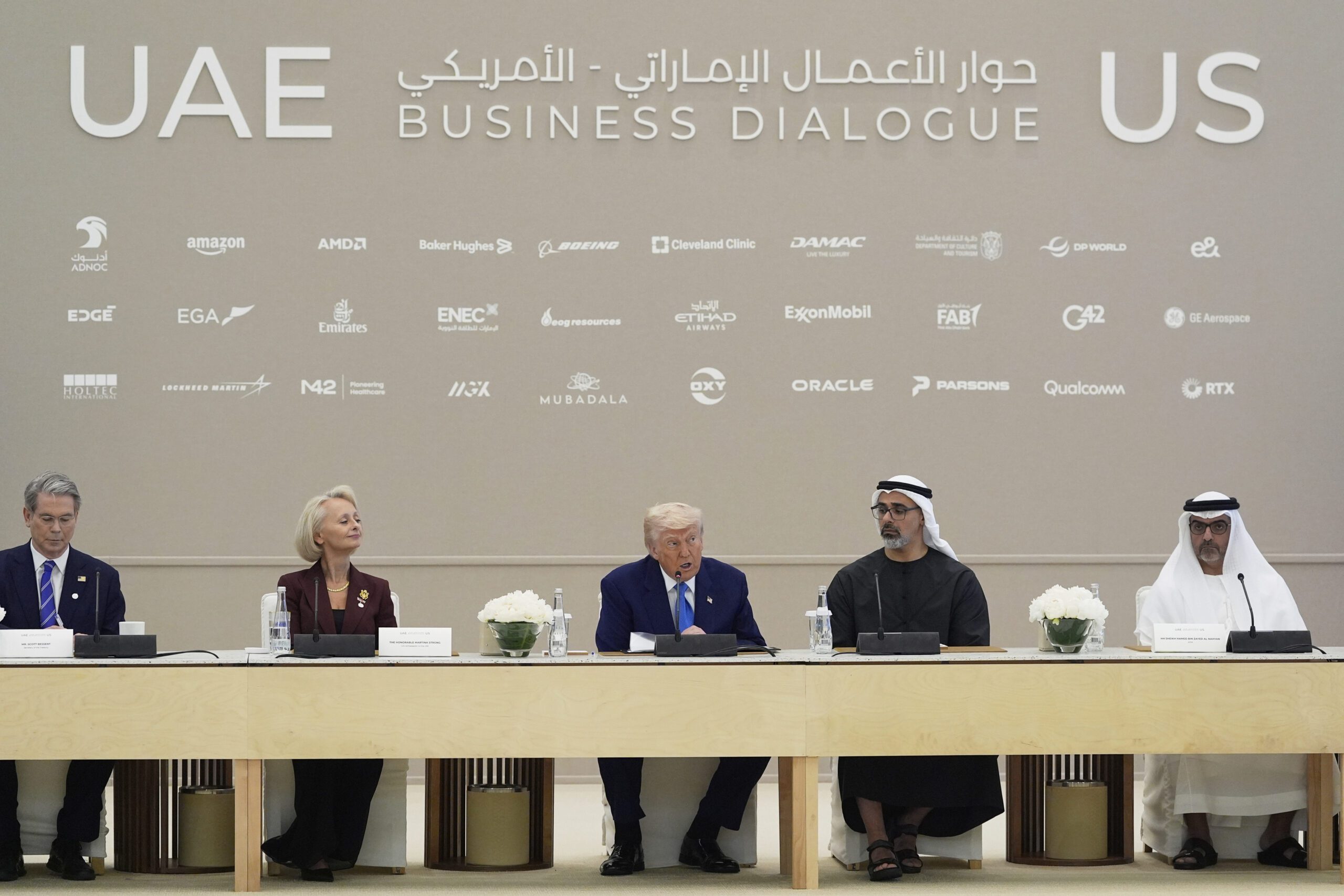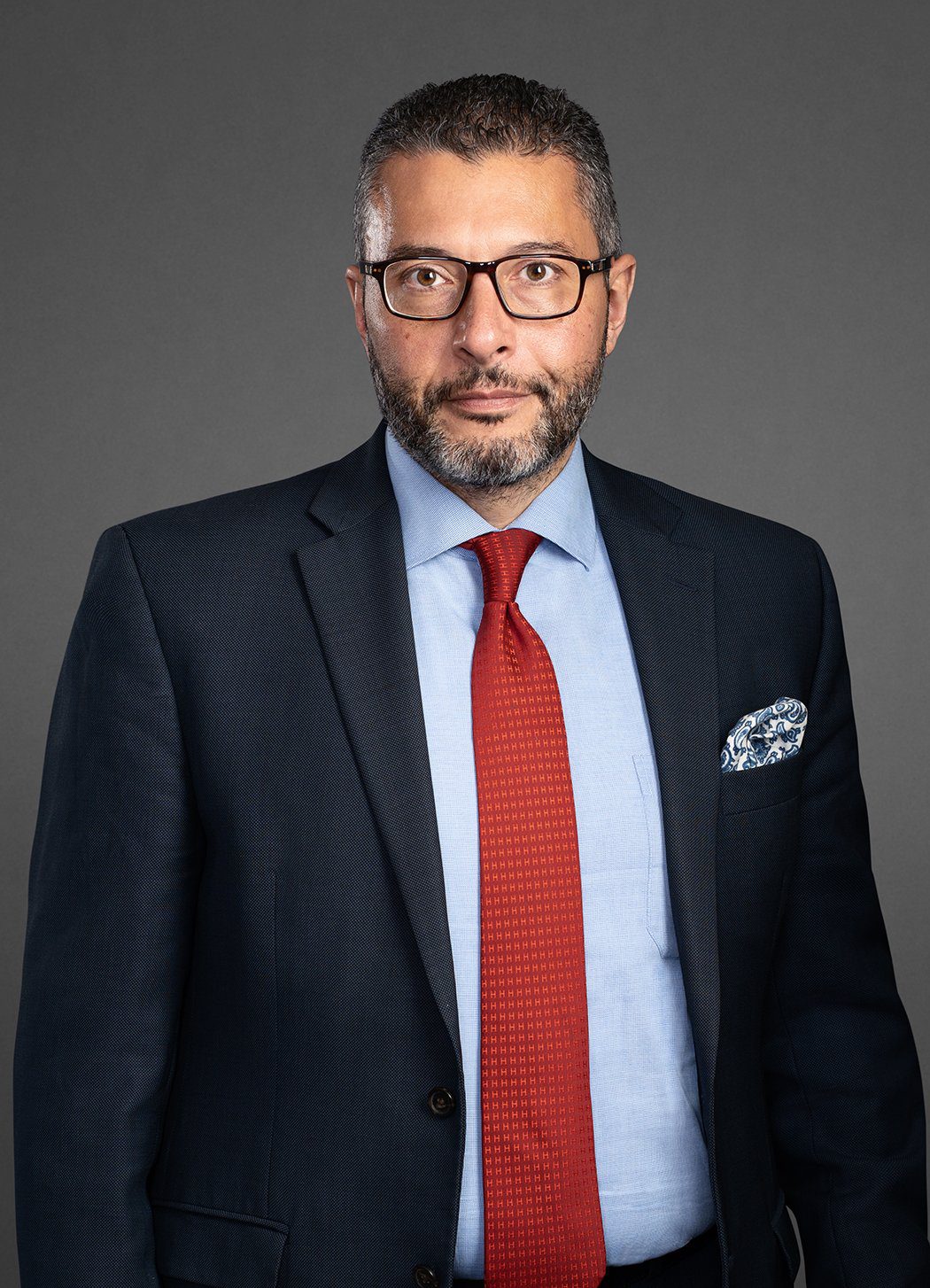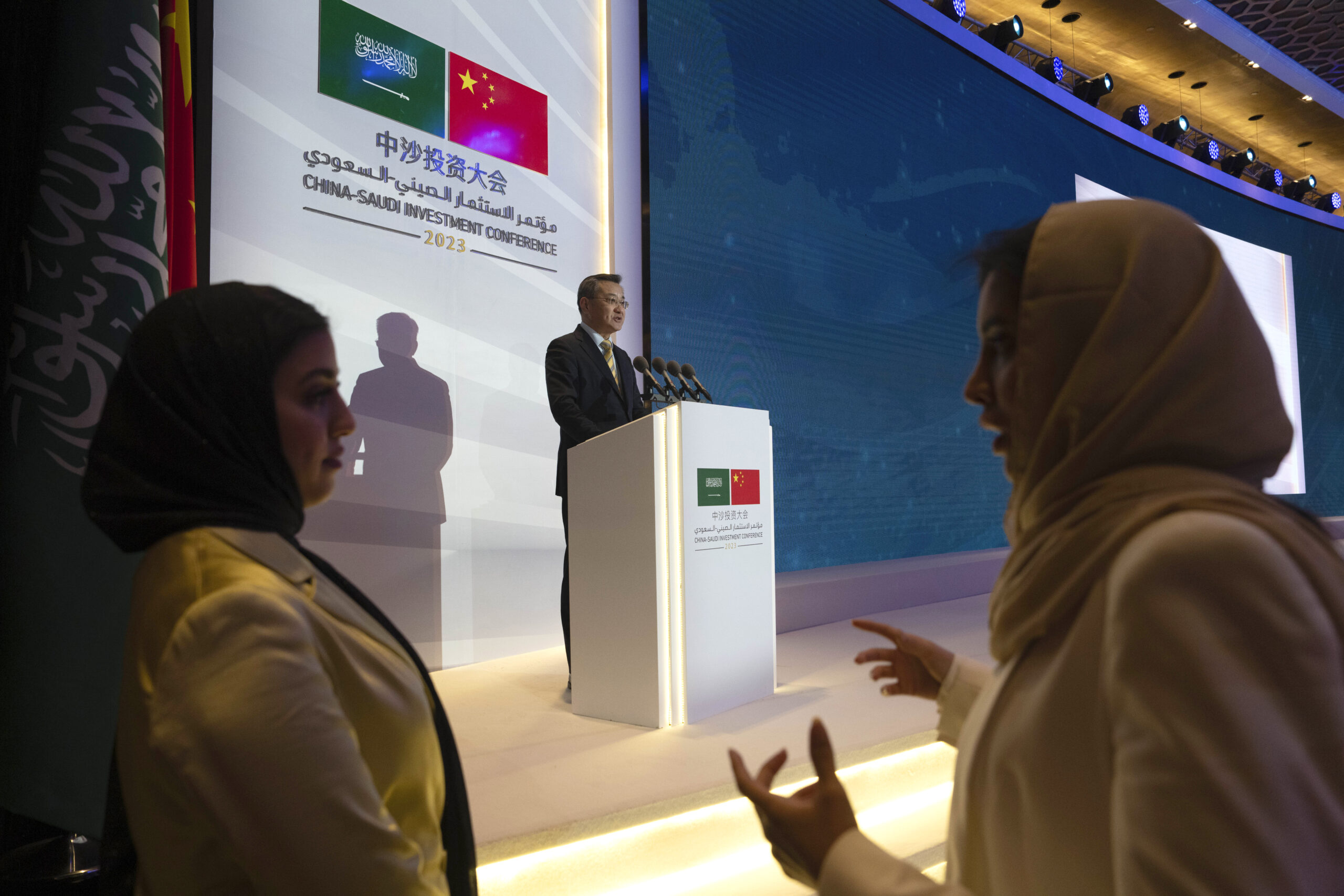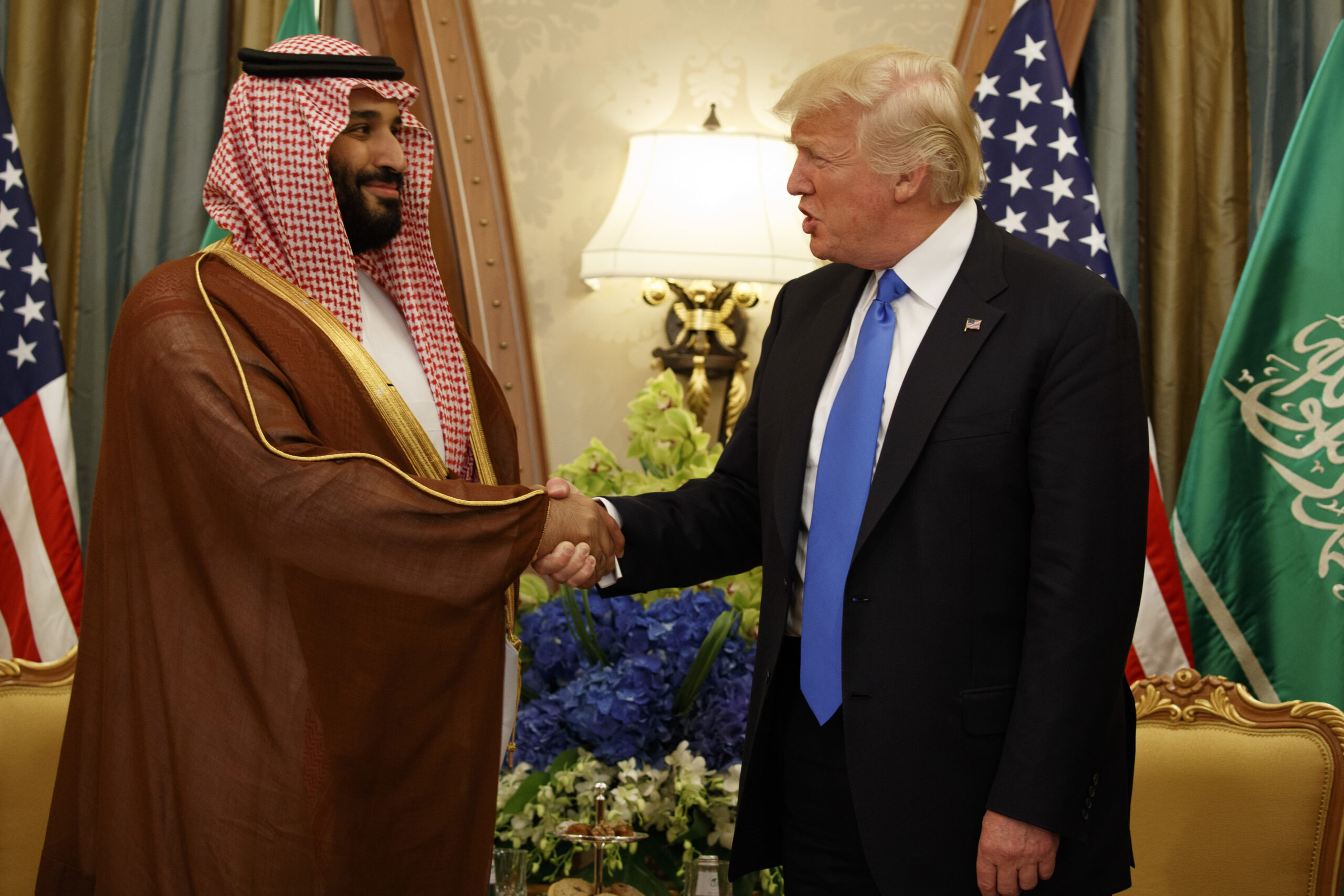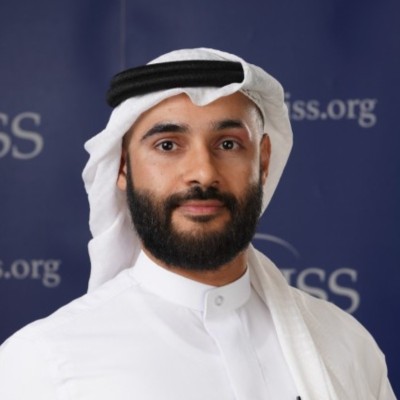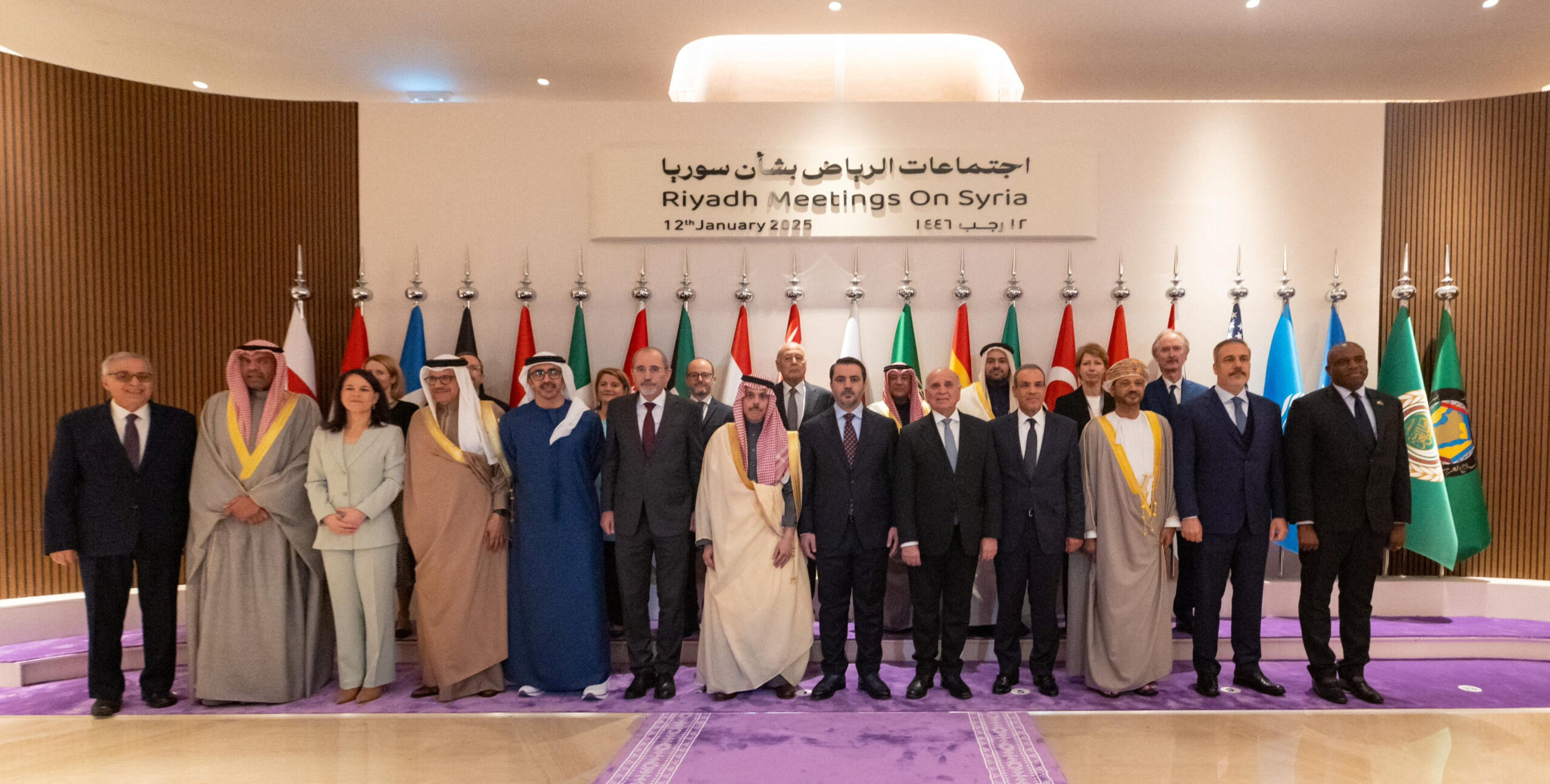UAE Advances Tax Reform, But Not Too Quickly
With the announcement of a new corporate tax, Emirati officials aim to demonstrate fiscal strength without disrupting the country’s image as an investment hub.
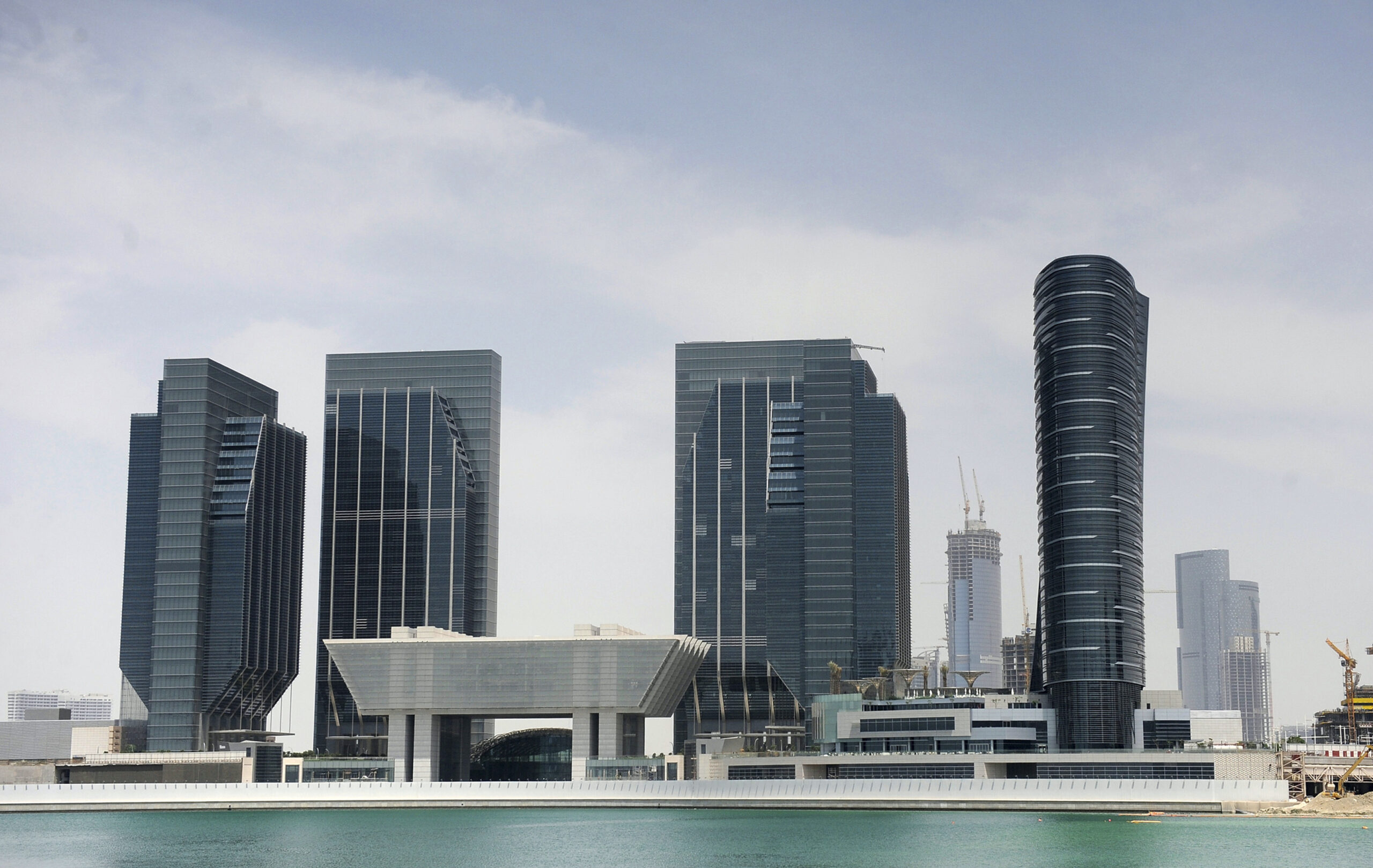
The Ministry of Finance in the United Arab Emirates announced a 9% corporate tax to be implemented June 1, 2023. The new tax only applies to profits above 375,000 dirhams (approximately $102,090); multinationals that fall under the OECD/G-20 inclusive framework on base erosion and profit shifting may be subject to different rates. This corporate tax rate will not apply to: firms operating in natural resource extraction, individual income from areas that do not require commercial licenses, and companies registered in free zones. Nonetheless, the announcement surprised some observers, given the UAE’s reputation as a low-tax environment.
Yet other taxes are already in place in the UAE. The Emiratis were among the first of their Gulf Cooperation Council counterparts, along with the Saudis, to implement a value-added tax in 2018. The UAE government introduced an excise tax in 2017 – the scope of which has expanded since. Oil companies and foreign banks must pay corporate taxes, and various tourist facilities in the country also levy associated taxes.
Beyond these taxes, many businesspeople and investors in the UAE have long griped about the plethora of business-related fees, which result in high upfront and reoccurring costs regardless of profit considerations. Some of these commercial fees have been delayed, waived, or reconsidered as part of the economic policy response to the coronavirus pandemic. In July 2021, the Abu Dhabi Department of Economic Development slashed business setup fees for certain activities by more than 90% to increase the attractiveness of the emirate’s business environment. A new corporate tax regime that coincides with a permanent reduction in commercial fees would better align government and business interests, although its net impact on government revenue is another matter.
The implementation of the new corporate tax is more than a year away, and additional details will emerge within the pending legislation and associated regulations. Nevertheless, it is possible to discern three longer-term implications from this corporate tax policy announcement.
First, a new corporate tax enhances the competitiveness of UAE free zones. Tax exemptions, although part of free zone incentive structures, have not historically served as a primary defining characteristic of free zones in the UAE. Instead, businesspeople operating in free zones have tended to place greater emphasis on exemptions pertaining to foreign ownership regulations and expatriate labor policies. UAE legal changes to foreign ownership regulations and economic downturns have stoked concern about the longer-term utility of free zones, but these commercial entities have proved resilient.
With new tax regimes emerging in the UAE, the tax-related incentives offered within free zones, such as 50-year renewable exemptions, are becoming increasingly attractive selling points. Emirati officials will, however, need to clarify and tighten regulations surrounding what constitutes activities inside and outside of free zones, as this will directly impact tax collection processes and revenue streams. New economic policies announced by Saudi Arabia in July 2021 concerning tariffs on regional free zone-related trade place additional pressure on Emirati officials to more strictly enforce the boundaries between free zone and non-free zone economic activities and rules of origin conventions.
Second, expatriates are not the only UAE residents with corporate tax liability – Emiratis will also feel a fiscal pinch. Other neighboring Gulf Arab states of Saudi Arabia, Qatar, Kuwait, and Oman tend to levy corporate taxes on foreign companies or partially foreign-owned companies. Emirati citizens are not completely isolated from ongoing economic reforms – demonstrated recently by new taxes and UAE government signals that local conglomerates may lose their monopolies on the sale of imported goods. The citizenry will be cushioned, however. As in the case with the VAT, there are likely to be carveouts and exemptions for various segments of the local population.
Third, more and higher taxes in the UAE and across the GCC states are on the policymaking horizon, though implementation will be a slow process. International pressure to implement a global corporate minimum tax plays a role in this process, as do long-running domestic efforts to advance economic diversification initiatives. Surging oil and gas prices may have reduced the short-term urgency for new sources of tax revenue, but today’s volatile energy prices do not – and should not – change the longer-term calculus of regional governments.
The standard rate of the UAE’s corporate tax remains low from a regional and global perspective, ensuring that the UAE remains in a competitive position to attract firms and investors. Similar corporate taxes in neighboring GCC states range from 20% in Saudi Arabia to 15% in Kuwait and Oman and 10% in Qatar. These rates apply to foreign companies and partially foreign-owned companies, and a limited number of Gulf countries apply Zakat – an assessed obligation under Islamic law – as well. Bahrain does not currently levy a corporate income tax on firms outside of the oil and gas sector, and it does not appear that such a tax is in the immediate policymaking pipeline, given that the Bahraini government raised its VAT from 5% to 10% January 1.
The UAE’s corporate tax policy announcement, competitive tax rate, and future implementation date are revealing. Emirati officials want to demonstrate fiscal strength and the sustainability of their development model without disrupting the country’s image as an investment hub. So economic reforms must keep moving, but not too quickly.
The views represented herein are the author's or speaker's own and do not necessarily reflect the views of AGSI, its staff, or its board of directors.



